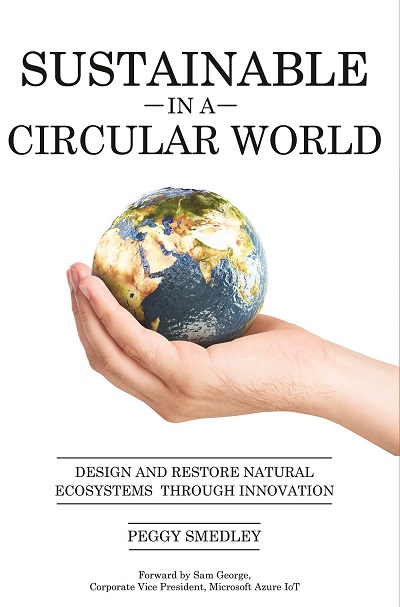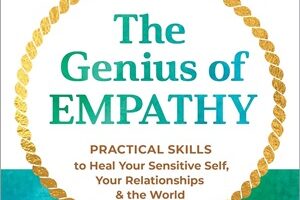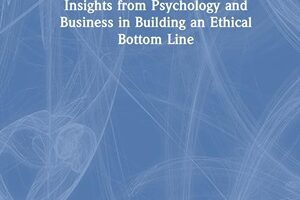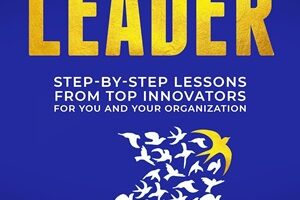
With the eye of a keen, investigative journalist, award-winning veteran Peggy Smedley takes down piece by piece distinctive arguments against climate change and going green, in extensive, five-part sections of her new book Sustainable in a Circular World: Design and Restore Natural Ecosystems Through Innovation. The book’s breaking down into such specific, info-centric passages feels like a position paper. Such a tactic on a highly divisive, sociopolitical issue feels akin to Elizabeth I drawing lines through letters she wrote to her sister, Queen Mary of England. Smedley clearly isn’t allowing critics to misrepresent and misinterpret her work, so she’s going to give it to you in a manner akin to the term straight talk.
CONSTRUCTECH: https://constructech.com/
Like a thesis statement, page one of the book provides a generalized summary of the entirety of the arguments and facts Ms. Smedley lays out in the rest of Circular World’s pages. The next five chapters focus on the specifics of said generalized summary, specific focal points in chronological order being the bodies and profiles affecting the Green energy debate, the A to Z history of companies and corporations through the years impacting traditional industry, the factual necessities for what Smedley has called a ‘circular’ economy, specific proposals and arguments for tenets and standards ensuring such circularity, and finally a factually informed hypothesis on the future ramifications of applying such standards on the double. She expertly balances references helping make such statistics personable for the reader, then bait-and-switching such individuality with sobering, humbling descriptors of the individual’s collective impact in how they make certain choices.
THE PEGGY SMEDLEY SHOW: https://www.peggysmedleyshow.com/
In spite of Smedley’s aforementioned qualities as a writer, in the technical spirit of the issues she raises she never crosses the line into out-and-out preaching, shaming, or proselytizing. She retains a calm demeanor with some of the most sobering statistics cited, ensuring factual consistency turning concepts deemed ‘radical’, ‘progressive’, and ‘idealistic’ suddenly into practical, well-rounded, and entirely attainable realities. It’s nice to see someone so decidedly apolitical tackling a regrettably partisan issue during these times, doing so with candor, excess detail, and an entirely appropriate sense of urgency. What the book may not have in terms of actual emotional resonance it more than makes up for in terms of pacing. Smedley never waxes poetic with excess, fancy language choices, nor does she attempt to intellectually shame the reader to complacency.
AMAZON: https://www.amazon.com/SUSTAINABLE-CIRCULAR-WORLD-ECOSYSTEM-INNOVATION-ebook/dp/B08R2CFLLG
Decidedly anti-humanities in how she approaches Circular World’s concepts, Smedley makes her case but then leaves it for the jury. The answer, regardless of individual bias or preference, should be alarmingly clear. It’s not a matter of debate or how one interprets the facts. It’s a matter of survival, Smedley essentially writes. It’s a matter of addressing the natural, evolutionary changes humanity has undergone from generation to generation. While paying tribute to the jousting ‘forces’ in chapter one impacting the current predicament concerning Green energy, there is no literary hand-wringing or hesitancy to jump into what Smedley clearly believes in.
The book isn’t just for true believers, it’s for anyone concerned about the future generations regardless of the issues in today’s world. Pick it up and see it for yourself. Like An Inconvenient Truth, one could argue Smedley’s book to a certain extent is mandated reading.
Cyrus Rhodes














